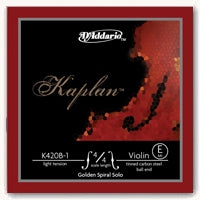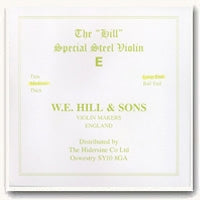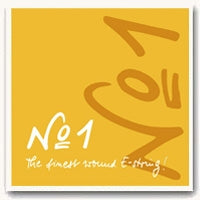Collection: Violin Strings
Best Sellers
Our Favorite & Most Often Recommended Violin Strings
-
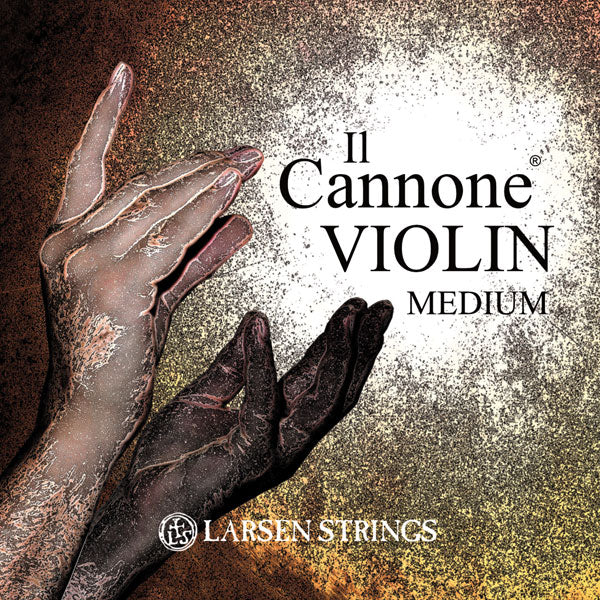
Il Cannone Violin Strings
Manufacturer's Description The Il Cannone celebrates Paganini’s legacy with what we believe...
-
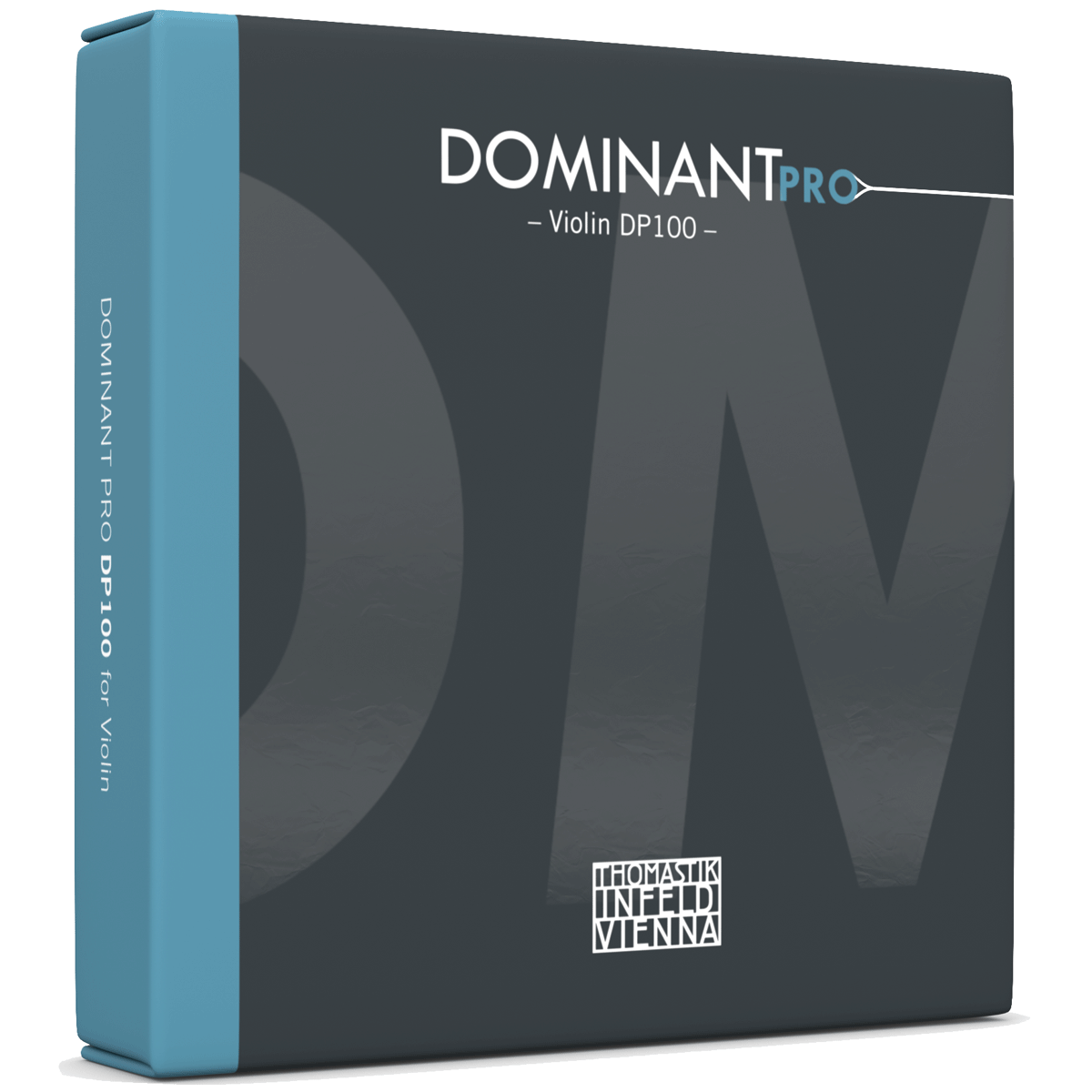
Dominant Pro Violin Strings
Thomastik Dominant Pro Violin Strings A modern upgrade to the classic Dominant...
-
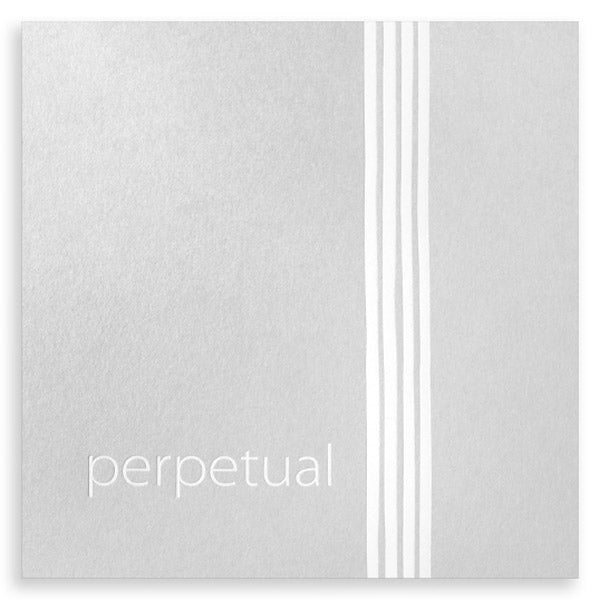
Perpetual Violin Strings
Pirastro Perpetual Violin Strings Modern, composite-core string set with a wide dynamic...
-

Peter Infeld (PI) Violin Strings
Peter Infeld (PI) Violin Strings Peter Infeld strings are powerful, warm, smooth,...
-

Evah Pirazzi Violin Strings
Pirastro Evah Pirazzi Violin Strings Evah Pirazzi strings produce a full and...
-
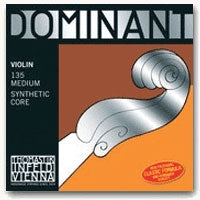
Dominant Violin Strings
Thomastik Dominant Violin Strings The Original synthetic string, Dominant continues to be...
-
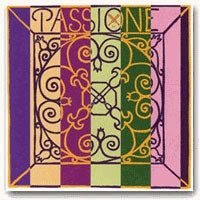
Passione Violin Strings
Pirastro Passione Violin Strings Modern, genuine gut strings. Passione strings are fantastically...
-
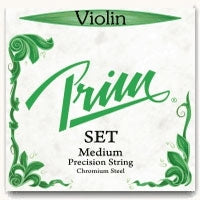
Prim Violin Strings
Prim Violin Strings Chrome-wound steel strings with a clear, bright tone. Set...
-
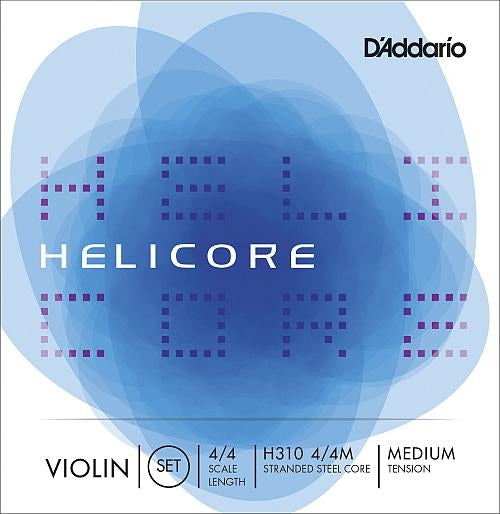
Helicore Violin Strings
Rope (stranded steel) core strings. Set Includes . . . Choice of...
Synthetic Violin Strings
Most classical players choose synthetic strings for their richness of tone and ease of play. They have a wider dynamic range and are easier to play than traditional gut strings.
Thomastik-Infeld Synthetic Violin Strings
-

Peter Infeld (PI) Violin Strings
Peter Infeld (PI) Violin Strings Peter Infeld strings are powerful, warm, smooth,...
-

Dominant Pro Violin Strings
Thomastik Dominant Pro Violin Strings A modern upgrade to the classic Dominant...
-

Dominant Violin Strings
Thomastik Dominant Violin Strings The Original synthetic string, Dominant continues to be...
-

Dynamo Violin Strings
Dynamo Violin Strings A new addition to the Thomasik string line-up, Dynamo...
-
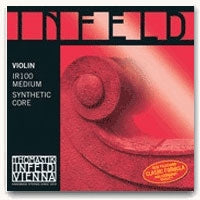
Infeld Red Violin Strings
Thomastik Infeld Red Violin Strings Designed to be mixed with Infeld Blue strings,...
-
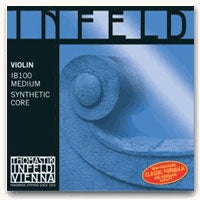
Infeld Blue Violin Strings
Thomastik Infeld Blue Violin Strings Designed to be mixed with Infeld Red...
-
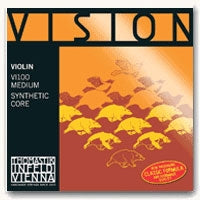
Vision Violin Strings
Thomastik Vision Violin Strings Value-priced, student level, synthetic string with a balanced...
-
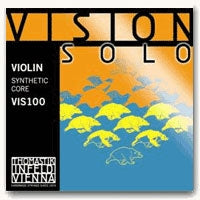
Vision Solo Violin Strings
Thomastik Vision Solo Violin Strings Excellent projection. Balanced tone color. Vision Solo produces a...
-
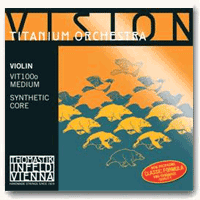
Vision Titanium Orchestra Violin Strings
Thomastik Vision Titanium Orchestra Violin Strings Similar to Vision Titanium Solo, but...
-
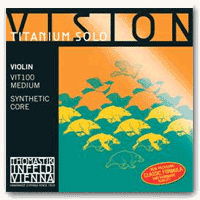
Vision Titanium Solo Violin Strings
Thomastik Vision Titanium Solo Violin Strings Excellent projection and rich in overtones....
-
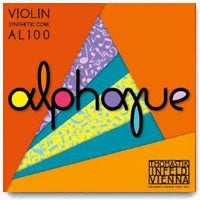
Alphayue Violin Strings
Thomastik Alphayue Violin Strings Value-priced, student level, synthetic string. Medium Gauge Only....
Pirastro Synthetic Violin Strings
-

Evah Pirazzi Violin Strings
Pirastro Evah Pirazzi Violin Strings Evah Pirazzi strings produce a full and...
-

Evah Pirazzi Gold Violin Strings
Pirastro Evah Pirazzi Gold Violin Strings Evah Pirazzi strings have been a...
-

Perpetual Violin Strings
Pirastro Perpetual Violin Strings Modern, composite-core string set with a wide dynamic...
-
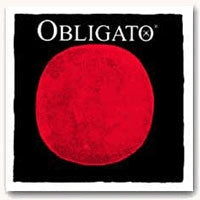
Obligato Violin Strings
Pirastro Obligato Violin Strings Warm and rich with overtones. Quick, easy response....
-
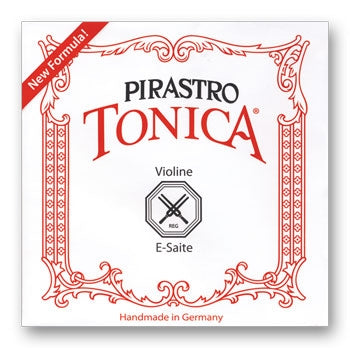
Tonica Violin Strings
Pirastro Tonica Violin Strings Tonica strings are an excellent choice for those...
Warchal Synthetic Violin Strings
-
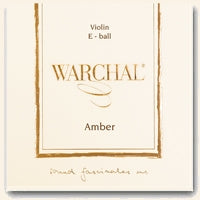
Warchal Amber Violin Strings
Warchal Amber Violin Strings A warm sounding, low-tension string set, designed to...
-
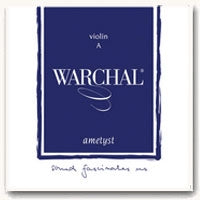
Warchal Ametyst Violin Strings
Warchal Ametyst Violin Strings Very smooth synthetic strings with a moderately bright...
-
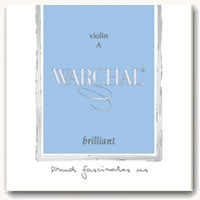
Warchal Brilliant Violin Strings
Warchal Brilliant Violin Strings Synthetic strings designed for brilliance and projection. Set...
-
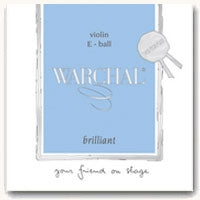
Warchal Brilliant Vintage Violin Strings
Warchal Brilliant Vintage Violin Strings Synthetic strings designed to draw the best...
-
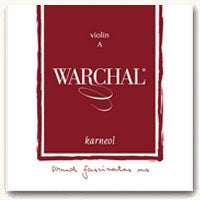
Warchal Karneol Violin Strings
Warchal Karneol Violin Strings Very smooth synthetic strings with a moderately warm/dark...
Larsen & D'Addario Synthetic Violin Strings
-

Il Cannone Violin Strings
Manufacturer's Description The Il Cannone celebrates Paganini’s legacy with what we believe...
-
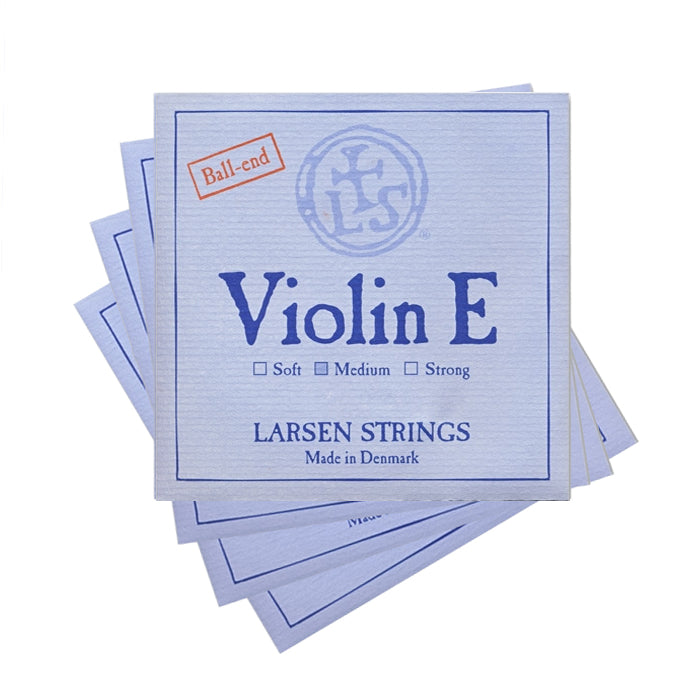
Larsen Original Violin Strings
Larsen Violin Strings Well-regarded synthetic strings with good projection, warmth, and a...
-
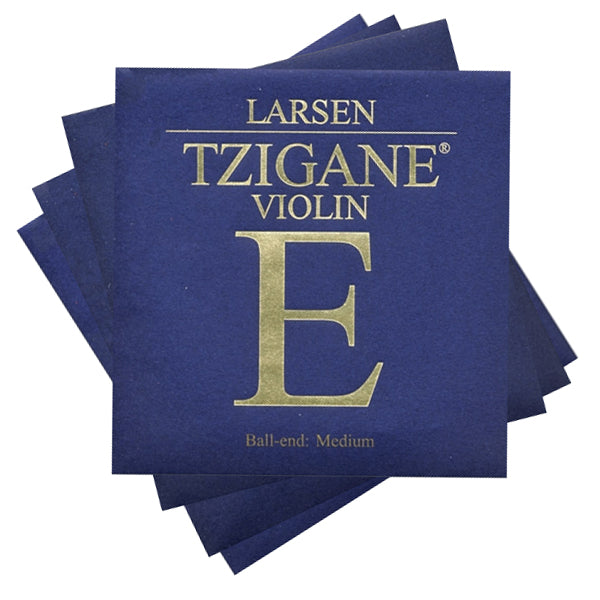
Tzigane Violin Strings
Larsen Tzigane Violin Strings Synthetic-core strings with a unique sound. Billed by...
-
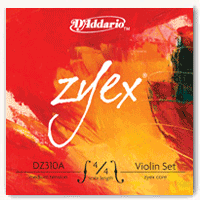
Zyex Violin Strings
D'Addario Zyex Violin Strings High quality composite core strings at a reasonable...
Genuine Gut Violin Strings
If complexity of tone and a rich, organic sound are your priority, then consider strings made from genuine sheep gut. The baroque player, seeking period-authentic, un-wound strings, should consider Pirastro Chorda. For everyone else, gut-core strings with metal windings combine stability with modern playability for a rich, organic sound.
-

Passione Violin Strings
Pirastro Passione Violin Strings Modern, genuine gut strings. Passione strings are fantastically...
-
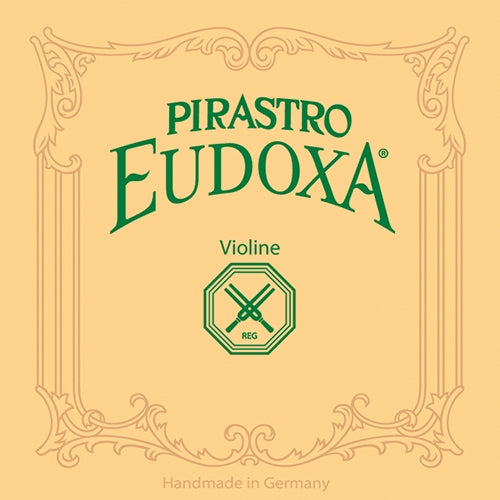
Eudoxa Violin Strings
Pirastro Eudoxa Violin Strings Genuine gut strings with a round, warm sound....
-
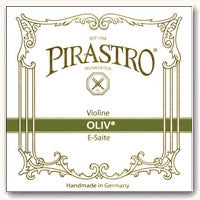
Oliv Violin Strings
Oliv Violin Strings Genuine gut strings for professionals. Brilliant tone. Set Includes...
-
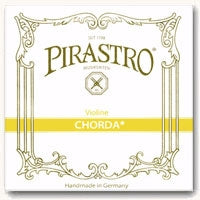
Chorda Violin Strings
Pirastro Chorda Violin Strings Genuine gut strings designed for authentic baroque instruments....
-
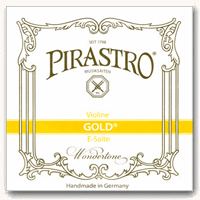
Pirastro Gold - Gold Label - Violin Strings
Pirastro Gold Violin Strings Value priced genuine gut string. Pirastro Gold strings,...
Budget Violin Strings
Unless you're a fiddler looking for the distinctive raw sound of plain steel strings, they are probably not your best choice. Beginners will usually do better with synthetic strings - they make it easier to produce a nice sound. Here are some high-quality, but value-priced synthetic sets. If you are a fiddler, consider chromium-wound strings (scroll down), many of which also come with a relatively low price-tag.
-

Alphayue Violin Strings
Thomastik Alphayue Violin Strings Value-priced, student level, synthetic string. Medium Gauge Only....
-

Warchal Ametyst Violin Strings
Warchal Ametyst Violin Strings Very smooth synthetic strings with a moderately bright...
-

Zyex Violin Strings
D'Addario Zyex Violin Strings High quality composite core strings at a reasonable...
-

Tonica Violin Strings
Pirastro Tonica Violin Strings Tonica strings are an excellent choice for those...
-

Warchal Karneol Violin Strings
Warchal Karneol Violin Strings Very smooth synthetic strings with a moderately warm/dark...
Chromium-Wound Steel Strings
Recommended for Fiddling & Folk Music
By far the most popular strings for that distinctive old-time sound are chromium-wound steel.
-
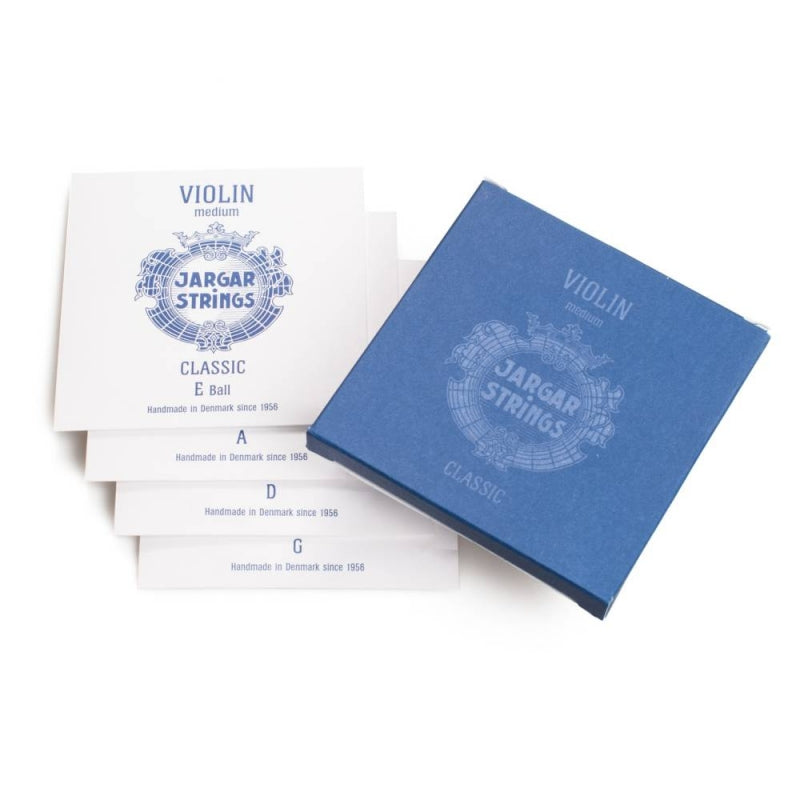
Jargar Violin Strings
Jargar Violin Strings High-quality, hand-made, chrome-wound steel strings with a dark, mellow...
-

Prim Violin Strings
Prim Violin Strings Chrome-wound steel strings with a clear, bright tone. Set...
-
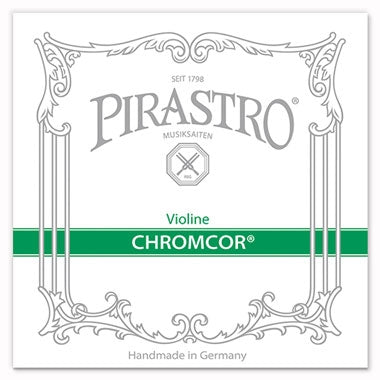
Chromcor Violin Strings
Pirastro Chromcor Violin Strings High quality chrome-wound strings with great projection and...
-
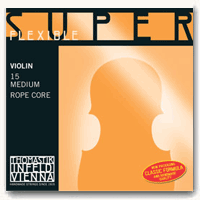
Superflexible Violin Strings
Thomastik Superflexible Violin Strings Aluminum-Wound Ball E. Chrome-Wound A, D, G. High...
-
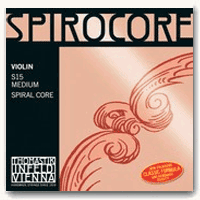
Spirocore Violin Strings
Thomastik Spirocore Violin Strings Spirocores are popular with fiddlers for their bright,...
Other Steel Violin Strings
-

Helicore Violin Strings
Rope (stranded steel) core strings. Set Includes . . . Choice of...
-
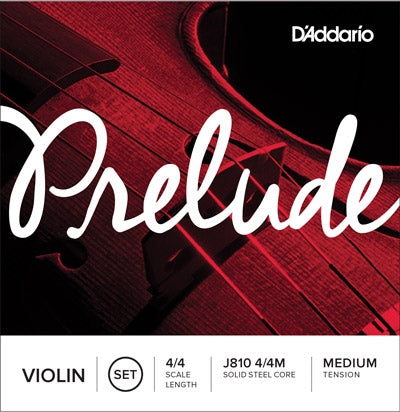
Prelude Violin Strings
D'Addario Prelude Violin Strings Popular beginner string set. Solid steel core. Set...
-

Goldbrokat Violin Strings
Optima Goldbrokat Violin Strings Formerly Lenzner Goldbrokat. Inexpensive wound steel string set. ...
-
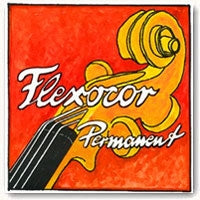
Flexocore Permanent Violin Strings
Rope(Braided Steel Fibers)-Core Strings with a Warm, Round Sound. Set Includes ....
Violin E Strings
By far, the most common E for professionals is a tin-plated carbon steel E (Pirastro calls this silvery steel), which yields a round, brilliant, silvery sound and feels smooth under the fingers. Alternate Es with Gold or Platinum plating will yield a warmer tone, but may be prone to whistling. If you have an issue with whistling, try an aluminum-wound E. Note that, with some exceptions, the standard E string in almost every set on the market is either plain steel, tin-plated steel, or aluminum-wound steel.
For more, please see our Guide to Violin E Strings. Here are a few of the more popular E string alternatives.
-
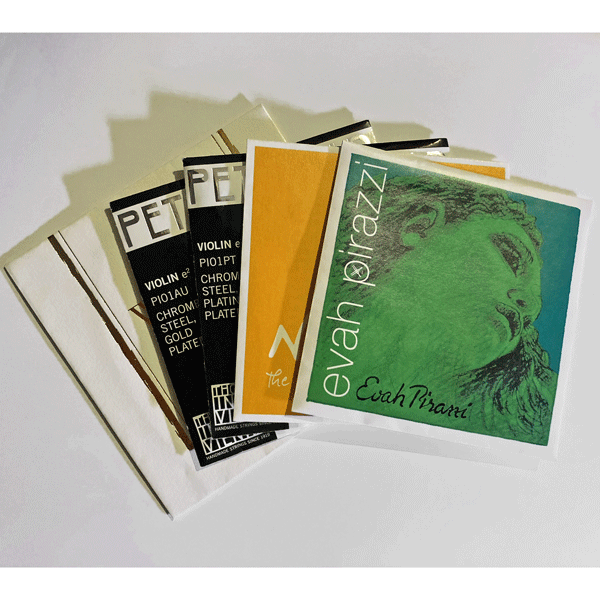
Alternate Violin E Strings
Your choice of E string will affect the tone quality of your...
-

Goldbrokat Violin Strings
Optima Goldbrokat Violin Strings Formerly Lenzner Goldbrokat. Inexpensive wound steel string set. ...









































